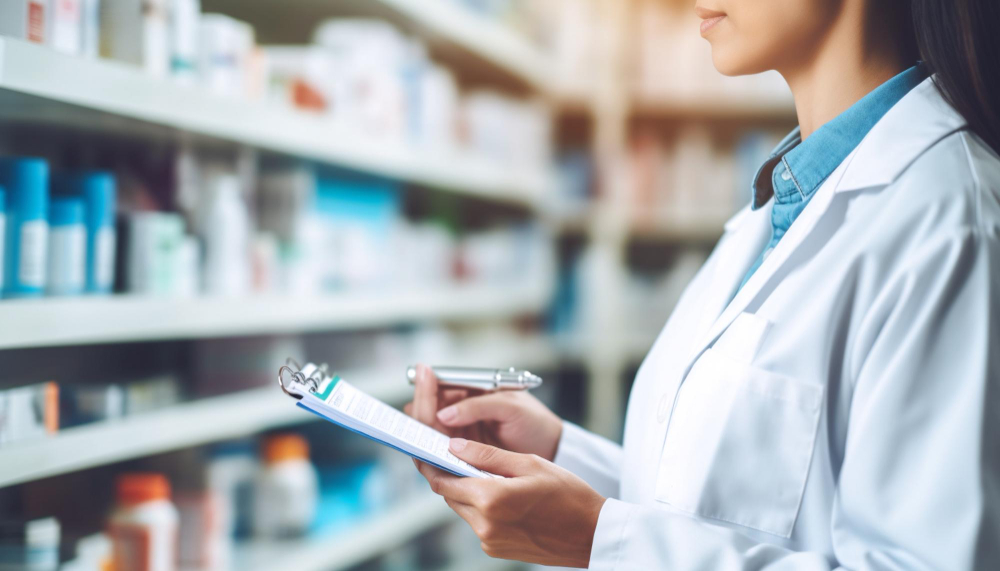Pharmacy medication compounding plays a vital role in creating personalized medications for patients with specific health needs. Unlike standard medications, compounded medications are tailored to individual prescriptions, allowing for adjustments in dosage, formulation, or ingredients. Because these medications are not mass-produced, ensuring sterility and safety is paramount. Compounding pharmacies follow stringent procedures, protocols, and regulatory standards to protect patients and maintain the highest quality of care.
Understanding Compounding Pharmacies
Compounding pharmacies specialize in preparing medications customized to a patient’s specific requirements. These pharmacies often serve individuals who require alternative dosage forms such as liquids, creams, or capsules, which may not be available commercially. They also cater to patients with allergies to certain ingredients in standard medications. While the personalization of medications provides significant benefits, it introduces additional safety challenges that require careful management.
The Importance of Sterility in Compounded Medications
Sterility is one of the most critical aspects of compounding medications pharmacy. Non-sterile medications can pose serious risks, including infections and complications, particularly for patients with compromised immune systems or those undergoing surgeries. Maintaining sterility involves using specialized facilities, equipment, and techniques that prevent contamination during every stage of the compounding process.
Facility Standards and Design
Compounding pharmacies must meet strict guidelines for facility design. Many follow standards established by the United States Pharmacopeia, particularly USP <797> for sterile compounding. These regulations define the layout, airflow systems, and environmental controls required to minimize contamination.
Controlled environments, such as cleanrooms and laminar airflow workbenches, are common in these pharmacies. These areas maintain positive pressure and high-efficiency particulate air (HEPA) filtration to remove airborne contaminants. Regular environmental monitoring ensures that the facility maintains proper sterility levels at all times.
Personnel Training and Hygiene
A crucial step in ensuring the safety of compounded medications is the training and hygiene of pharmacy staff. Compounding pharmacists and technicians undergo specialized education on aseptic techniques, handling hazardous substances, and maintaining sterile environments.
Proper handwashing, gowning, and the use of gloves, masks, and hair covers are standard procedures. Staff members also undergo routine competency assessments and continuing education to stay current with best practices. Adherence to these protocols minimizes the risk of introducing contaminants during the compounding process.
Rigorous Quality Control and Testing
Quality control is a cornerstone of safe medication compounding. Compounded medications often undergo multiple checks throughout the preparation process. This includes verifying the accuracy of formulations, checking expiration dates of ingredients, and ensuring proper labeling.
For sterile products, pharmacies may perform sterility testing, endotoxin testing, and potency testing to confirm that the medication meets established standards. These tests provide an additional layer of protection, helping to ensure that patients receive medications that are both safe and effective.
Proper Storage and Handling
Even after a medication is compounded, proper storage and handling remain essential. Compounding pharmacies implement strict protocols to maintain appropriate temperature, humidity, and light exposure for each medication. Refrigeration, light-protective containers, and limited shelf life are all strategies used to preserve the integrity of compounded medications.
Transport is also carefully managed. Medications are packaged to prevent contamination or degradation during delivery. For patients requiring urgent or sensitive medications, specialized shipping methods ensure that the product reaches them in optimal condition.
Documentation and Regulatory Compliance
Documentation is another critical step in the compounding process. Every batch of compounded medication is recorded, including the ingredients, lot numbers, expiration dates, and personnel involved in preparation. This traceability allows pharmacies to monitor and address any potential issues quickly.
Regulatory compliance ensures that pharmacies operate under legal and safety guidelines. Compounding pharmacies often undergo inspections and audits from state boards and federal agencies. Maintaining compliance not only protects patients but also reinforces trust in the pharmacy’s commitment to safety.
Choosing a Reputable Compounding Pharmacy
Patients looking for the best pharmacy for compounded medications should consider factors such as accreditation, quality control measures, and staff expertise. Accreditation from recognized organizations signals that the pharmacy meets high safety and quality standards.
Additionally, pharmacies that emphasize patient education, transparency, and consultation provide extra reassurance that medications are prepared safely. Compounding pharmacies often tailor guidance for caregivers and patients to ensure proper use and handling of the medication at home.
Regional Considerations: Compounding Pharmacies in Virginia
For individuals seeking compounded medications in specific regions, such as compounding pharmacies in Virginia, it is important to select a pharmacy with proven experience and adherence to local regulations. State licensing and adherence to USP standards ensure that the compounded medications are safe, effective, and tailored to patient needs. Virginia pharmacies, like those across the country, focus on combining clinical expertise with strict safety protocols to achieve high-quality outcomes.
Final Thought
Ensuring the sterility and safety of compounded medications requires meticulous attention to detail at every stage, from facility design to staff training, quality control, and regulatory compliance. Pharmacy medication compounding is more than simply mixing ingredients; it is a precise, controlled process aimed at protecting patient health while providing personalized treatment options. Patients seeking compounding medications pharmacy services should prioritize pharmacies known for stringent safety practices, proper accreditation, and expert staff. By choosing the best pharmacy for compounded medications, individuals can trust that their medications are prepared with the highest standards of sterility and safety. For those in specific areas like Virginia, identifying reputable compounding pharmacies in Virginia ensures both compliance and quality, giving peace of mind to patients and caregivers alike





Comments